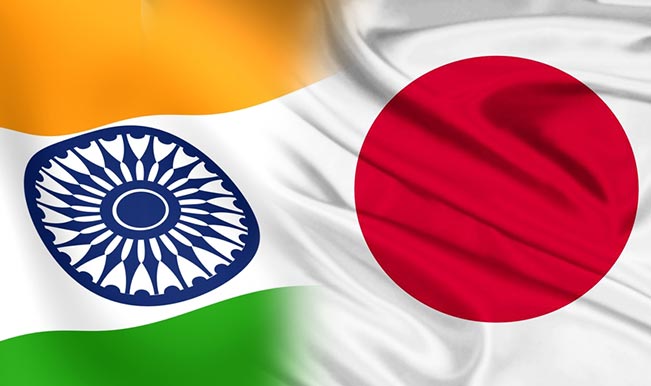Japan embraces India as China looms
 Last week Japan’s Prime Minister Shinzo Abe concluded a visit to India with an armful of key agreements and a solidification of Tokyo’s rapidly maturing relationship with New Delhi. During the summit, Abe and his Indian counterpart, Narendra Modi, agreed to a “special strategic and global partnership” premised on closer cooperation, economically and through stronger bonds on defense and security.
Last week Japan’s Prime Minister Shinzo Abe concluded a visit to India with an armful of key agreements and a solidification of Tokyo’s rapidly maturing relationship with New Delhi. During the summit, Abe and his Indian counterpart, Narendra Modi, agreed to a “special strategic and global partnership” premised on closer cooperation, economically and through stronger bonds on defense and security.
Japan’s approach to Asia — especially its relationship with India — has been reinforced by Abe’s hard line against Chinese assertiveness and his desire to tap into India’s rich investment opportunities. Ties with India have also blossomed because of the amicable personal relationship between Abe and Modi, who knew each other for years before taking their current positions.
The China-Japan relationship, despite some recent signs of improvement, has been toxic for the past several years as a result of the two countries’ territorial dispute in the East China Sea. Amplifying these tensions are Tokyo’s concerns about Beijing’s defense posture, cyber attacks and military modernization, especially in the maritime domain. India also has a complicated relationship with China and remains wary of its territorial claims in their disputed border region. Additionally, India is concerned with the growing security relationship between its traditional regional rival, Pakistan, and China.
To read more, please visit Al Jazeera.
Related posts:
Category: ECONOMICS, FOREIGN POLICY & SECURITY, SOUTH ASIA & ASIA PACIFIC

